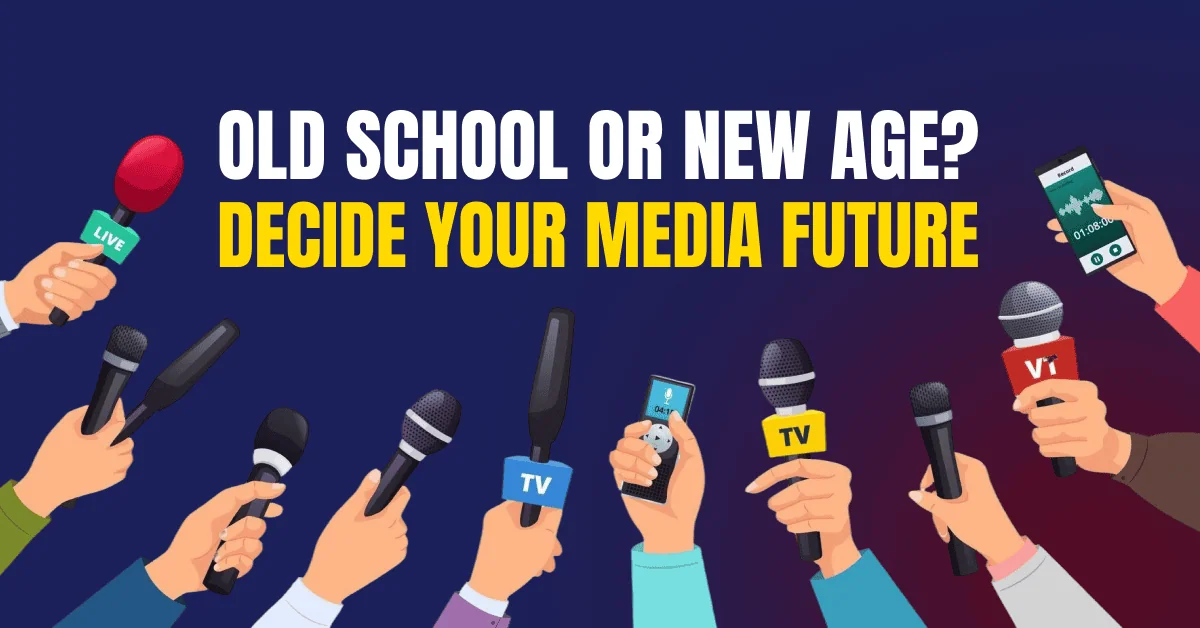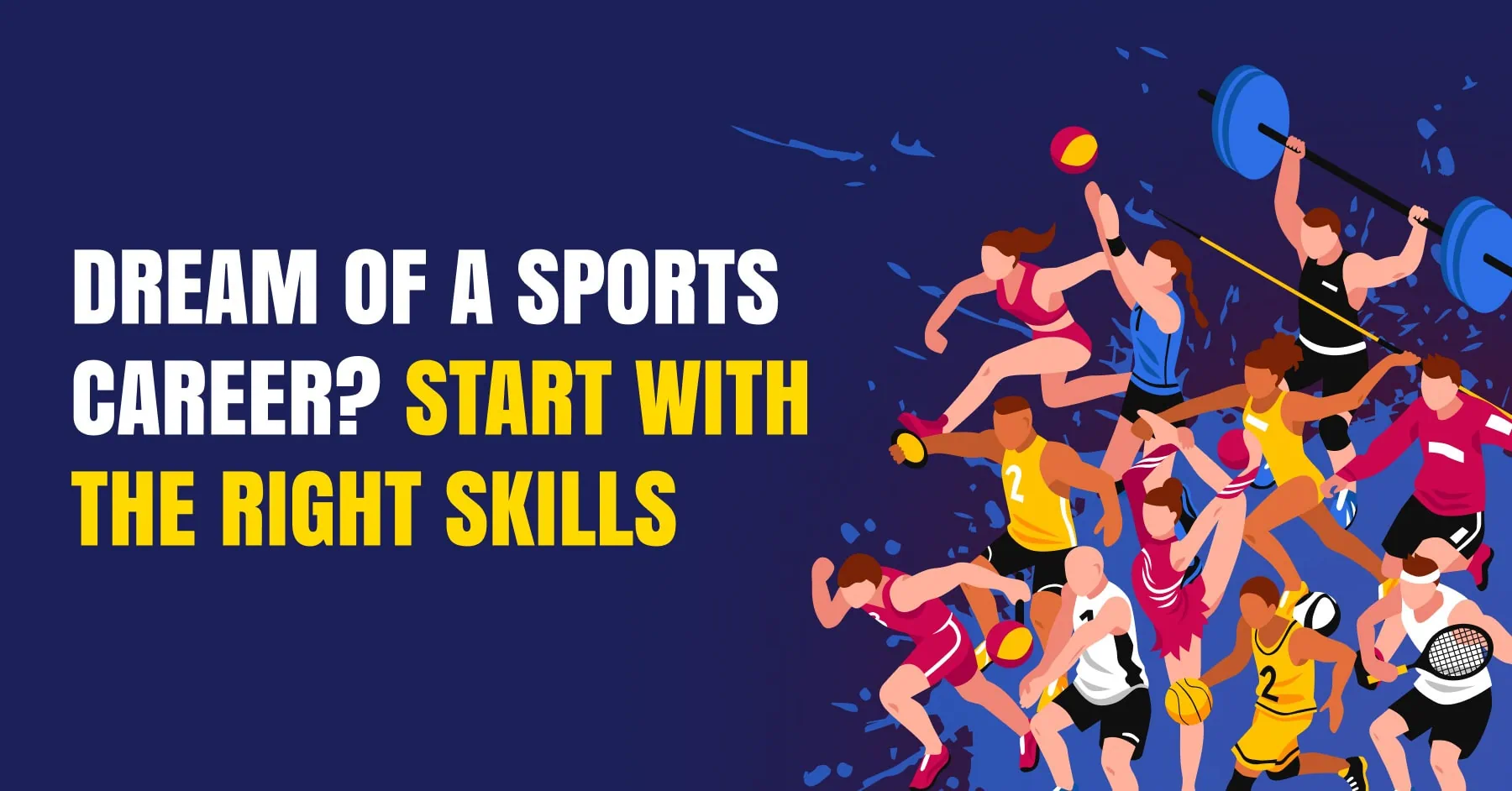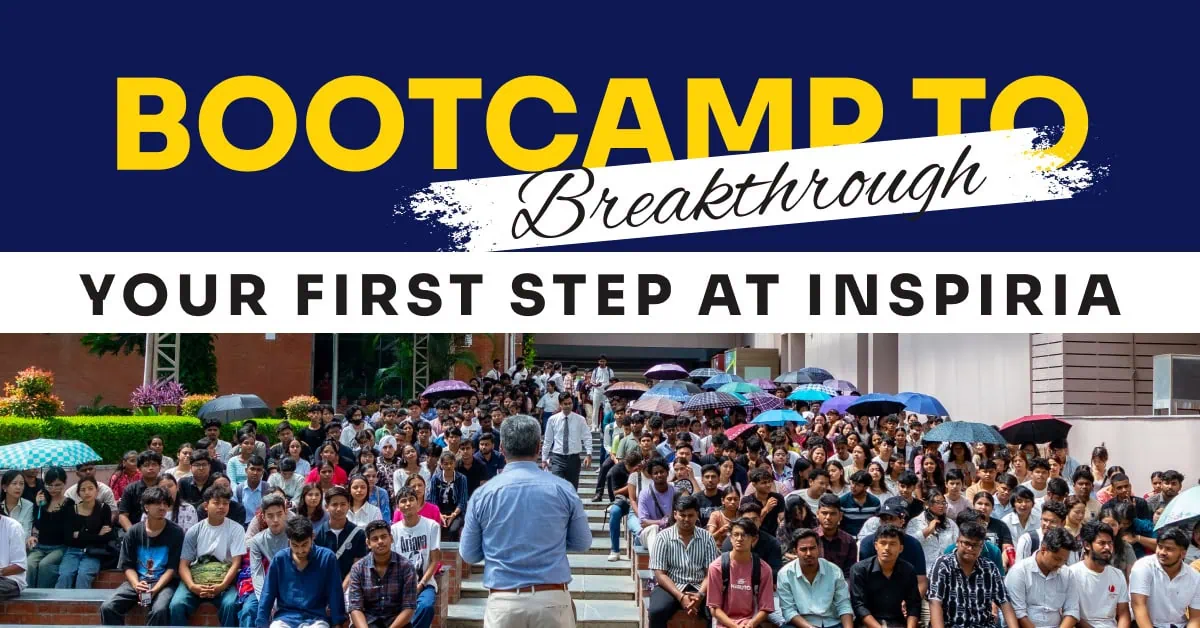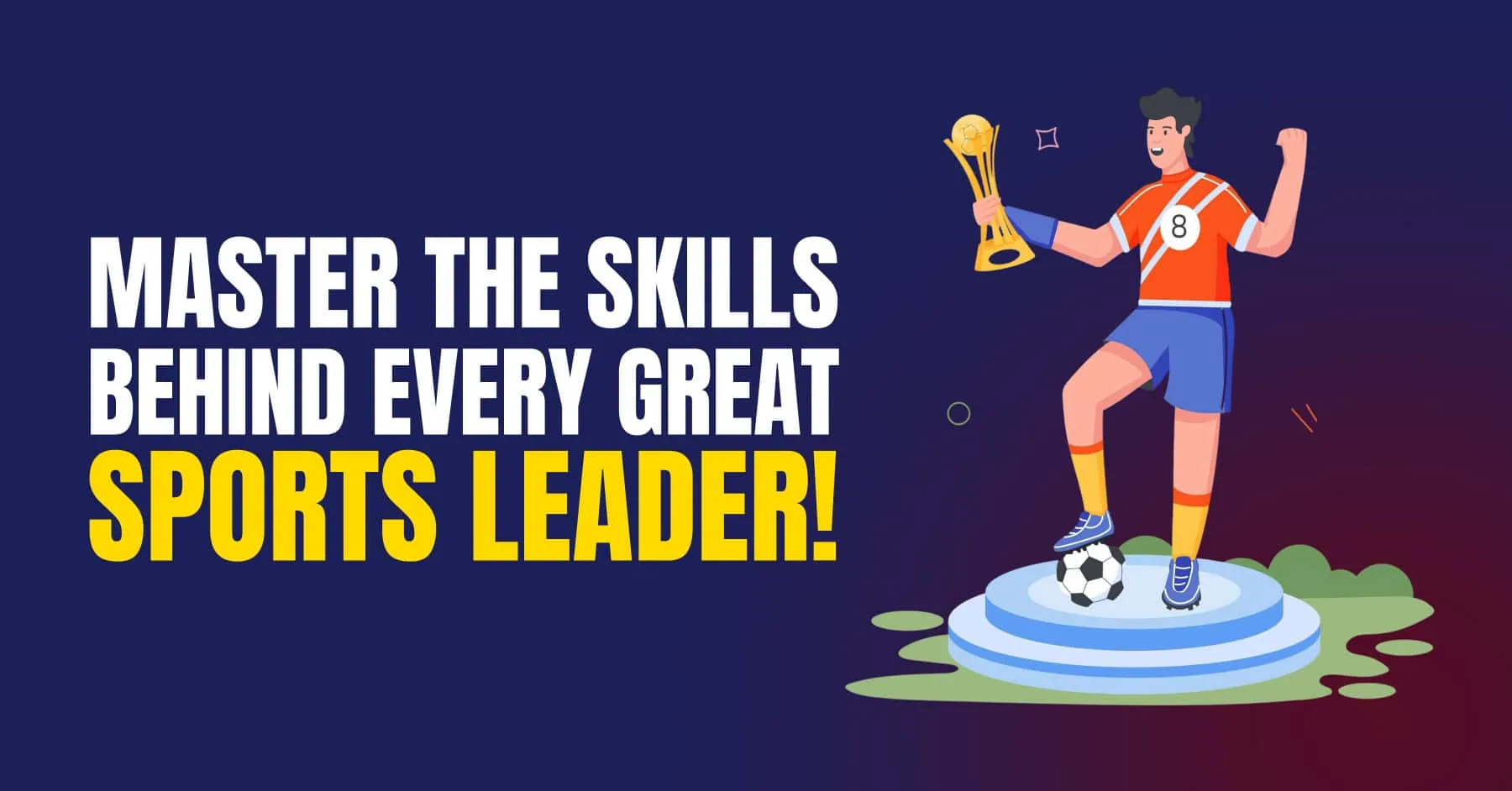With every passing day the world is introduced to a new technology. Every second every minute tech innovators are working unstoppably towards making the existing technology a little better. The upgradation in technology is so rapid that sometimes it gets hard for a lay man or even a tech geek for that matter to keep up. If today, a new device is launched it is followed by a new software or plugin tomorrow. In 2020, while the whole world came to a pause, technology was still blooming, more than ever if you will. There is a lot of catch up to do in that regard and the trends are changing quicker than ever.
What are Technology Trends?
The world is already so full of technology but it still feels like just the beginning with new technological innovations. For an easier and smoother lifestyle, flow of work, storage of data, access of information and various other reasons, frequent rise of technology enter. To not be left behind on technology you need to be up-to-date with the latest developments. You need to be aware of what is fresh in the market, doesn’t matter if you belong to the industry or not. The latest technology which marks a huge impact on humanity is not to be ignored. Humans have always fixated themselves on improving life across every spectrum, and the use of technology has become the vehicle for doing just that.
1. (AI) Artificial Intelligence
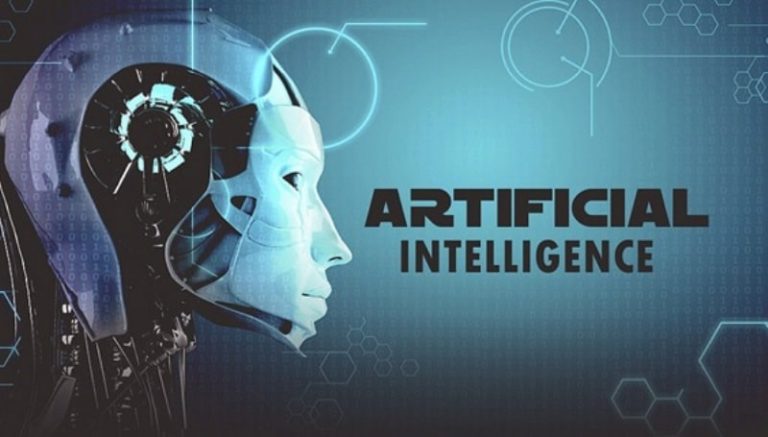
Artificial intelligence technology is used for machines to mimic human intelligence. In understandable terms, it is when a computer or a machine is equipped with the ability to make decisions just like humans. Although the AI was introduced in the mid 90s as an academic discipline it only caught the attention of people not recently. Today we see applications of AI technology everywhere from search engines, online voice assistants (Siri, Alexa, Google Assistant etc), drones, self-driving cars, Go Stop, Chess.
Many tech experts say that the AI technology we are witnessing today is just at its infant stage, tech giants and tech innovators are putting efforts to improve the technology. In its earlier days AI technology saw a lot of challenges in planning, research, learning, general intelligence, the ability to move and manipulate objects and various other core concepts and support systems of Artificial Intelligence. But despite the challenges AI has marked a huge impact on the technology we experience today and it is here to stay.
Some examples of AI technology we come across in or day-to-day lives are: Google maps, Uber, Ola, Face recognition, Autocorrection apps, Chatbots etc.
Careers in AI: AI Engineer, Machine Learning Engineers, Data Engineers, Robotics Scientist, AI Data Analyst, Business intelligence Developer, Research Scientist
2. Internet of Things (IoT)
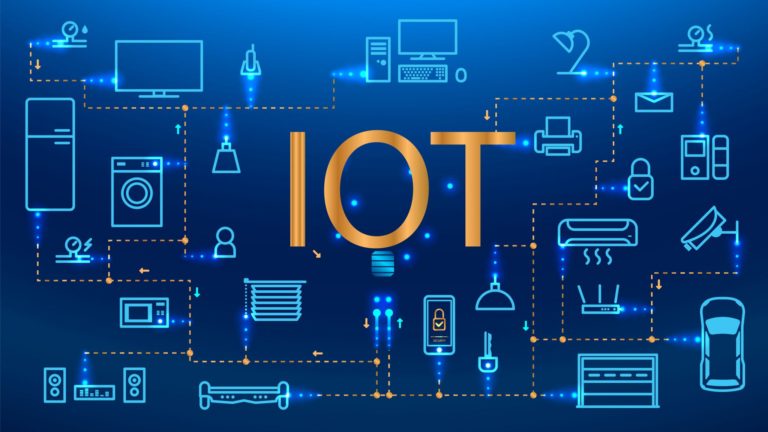
IoT which stands for Internet of Things is basically a network of physical things which are connected with each other and the internet. These connections are possible because the devices are ingrained with softwares, sensors and other technologies. The devices collect, share and interchange data with each other and systems over the internet. For a layman IoT can be best understood with an example of ‘Smart home’. In smart homes owners can control the lights, curtains, doors, thermostats, Home security systems, cameras, home appliances, these appliances and devices share a common ecosystem and they can be controlled by devices linked to that ecosystem, like smartphones and smart speakers.
IoT has also been found helpful in healthcare. It is mainly applied as Remote Health Monitoring (RHM) and Emergency Notification Systems. IoTs in healthcare are mainly monitoring devices such as heart rate monitors, blood pressure monitors, specialized implants monitors, fitbit electronic, wristbands, pacemakers, or advanced hearing aids. IoTs are also useful in Transportation, V2x communication (vehicle to everything), agriculture, Maritime.
Some examples of the Internet of Things we come across in our day-to-day lives are: Smart Home & Appliances (Refrigerator, AC, Washing Machine, TV), Fitbits, Tesla (smart cars), Biometric Cyber Security Scanners,
Careers in IoT: IoT Developer, IoT embedded systems designer, IoT Architect, Iot Solutions Engineers
3. Data Science
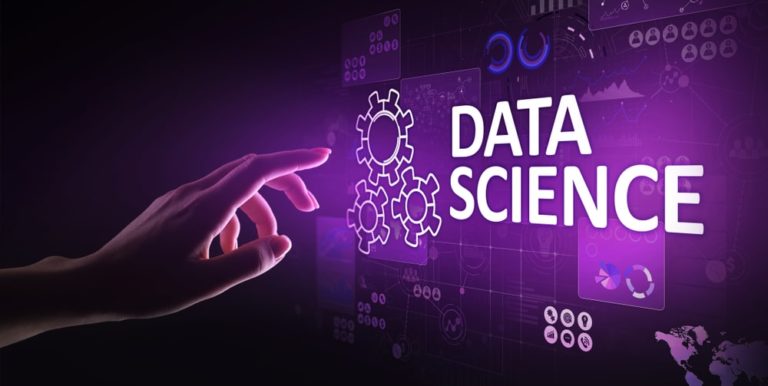
Data science is a field which uses algorithms, scientific methods, processes to deal with large amounts of data to derive substantial information, find concealed patterns and make business decisions. In simple terms it is about solving real business problems and how data is used to bring impact in a business which can be in the form of data products, insights or product recommendations using various tools.
It is a multidisciplinary field which is also related to data mining, machine learning and big data. Data Science uses theories and techniques pulled from various fields such as mathematics, statistics, computer science, information technology and domain knowledge. This technology is used to make predictions and decisions by using predictive casual analytics and prescriptive analytics and machine learning.
Some examples of the Data science in Business: Personalized healthcare recommendations, Getting the most value out of soccer rosters, Stamping out tax fraud, Automating digital ad placement, Identifying and predicting disease, Optimizing shipping routes in real-time
Careers in Data Science: Data Scientist, Machine Learning Engineer, Machine Learning Scientist, Application Architect, Data Architect, Data Engineer,
4. Blockchain
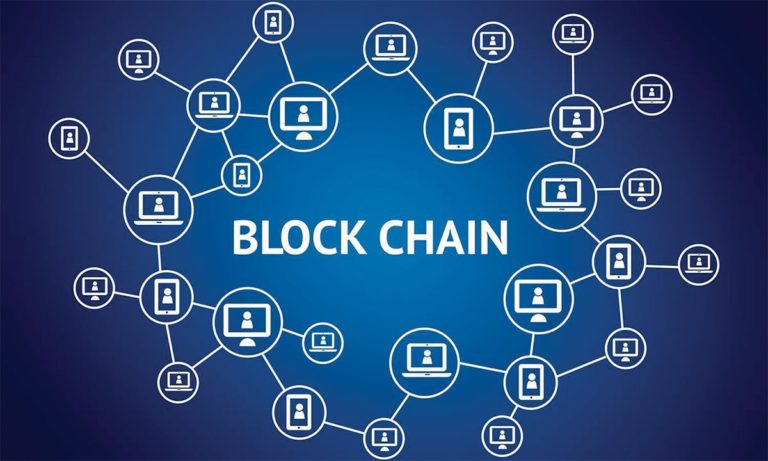
Blockchain is an advanced system of keeping the records. It is literally a ledger but a digital one where information is stored in a chronological order. In blockchain technology, a database is stored in blocks. A block usually has a limited amount of storage, after the limit is reached, it is chained to the previous block and the chain goes on and on. Simply put, a block (records) chained together makes a blockchain.
Blockchains are linked using cryptography. This technology was first introduced by Satoshi Nakamoto (anonymous person or a group of people), inventor of the cryptocurrency BitCoin. Today blockchain technology is used in video games, energy trading, financial services, smart contacts, domain names, health care, anti-counterfeiting, supply chain management etc. Since blockchains are linked using cryptography, the transactions and exchange of data is highly secure. As the data (blocks) are chained in a chronological order, the chain grows longer which makes it hard to go back and alter the previous data ultimately saving from the data being hacked. Altering such chains of data would require a lot of money and other resources apart from genius sets of mind.
Blockchain technology can be used in a centralised and decentralized way. Like, BitCoin uses a decentralized blockchain where the data once fed is irreversible, which means transactions are permanently recorded and viewable to anyone. There also exists centralized blockchains, but decentralized blockchain really is what makes it secure and transparent since the data would be in every user’s hand. The future applications of blockchain points to endless possibilities, it is really another layer to the great human invention of the internet.
Some examples of Blockchain in business: Bitcoin, Spotify, Maesrk, Siemens, BASF
Careers in Blockchain: Blockchain developer, Blockchain Solution Architect, Blockchain Project Manager, Blockchain UX Designer, Blockchain Quality Engineer
5. Virtual Reality
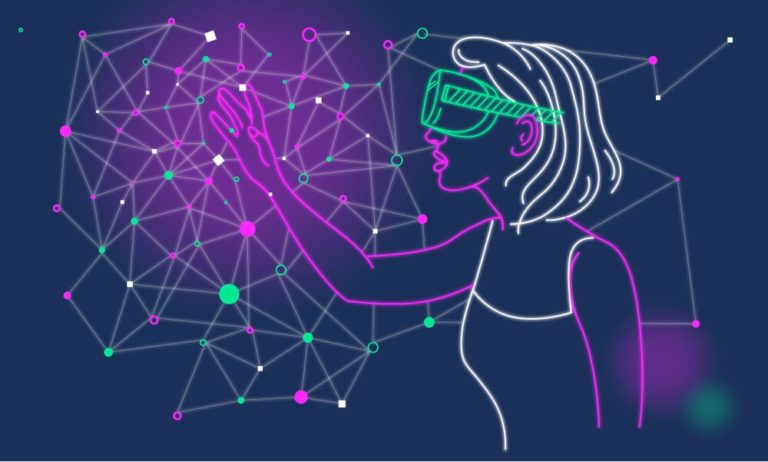
It is a technology that lets you experience something without physically experiencing it, just as the name suggests ‘virtual’ (almost or nearly) and reality. This technology is carried out with the use of a few hardwares such as headsets and gloves. Virtual Reality has been one of the hottest technologies since the late 90s. During the late 90s aviation, military, automobile industry and even the medical sector were using VR devices for simulation and training purposes. One of the basic examples of VR technology is 3D movies. The immersive experience you go through is presented with the help of a pair of special 3D glasses.
Today VR technology has been expanded to the farthest concepts and fields. One of the major marks VR has made is in the gaming sector where you can be a part of any game world without even leaving your room. Virtual reality has also found its niche as a factor of entertainment in theme parks. It is also used as a therapy for treating anxiety disorders such as post traumatic stress disorder (PTSD) and various phobias, this experience overall is known as Virtual Reality Exposure (VRET).
Some examples of Virtual Reality: Realestate, Automobile Industry, Theme Parks
Careers in Virtual Reality: Content producer, AR and VR content writers, Product management, Quality assurance, UI and UX design
6. Robotic Process Automation
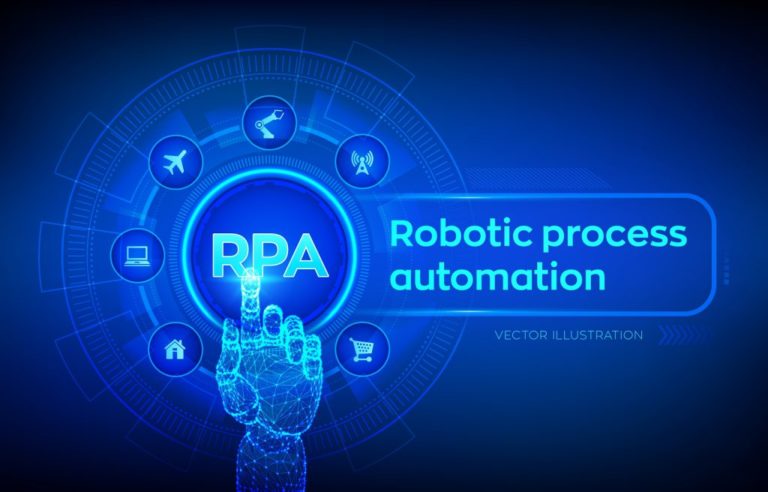
Robotic Process Automation also sometimes called software robotics is a technology based on Artificial Intelligence or metaphorical software robots. In layman terms Robotic Process automation offers automation solutions to carry out mundane and repetitive tasks accurately.
RPA systems generate the list of actions to automate a task and interface by watching how the user performed the task in the application’s graphical user interface (GUI) unlike the traditional workflow automation tools. The automation is then performed by repeating those tasks directly in the GUI. Since RPA tools also automate interaction with GUI and mostly by repeating a set of demonstration actions performed by a user, these tools may seem similar to GUI testing tools. The difference between the two is that RPA tools allow data to be handled in and between multiple applications.
Some examples of Robotic process Automation: Data migration/entry and forms processing, Credit card applications, Expense management, Call centre operations
Careers in Robotic Process Automation: RPA Engineer, RPA Architect, RPA Developer, RPA Champion
7. Edge Computing
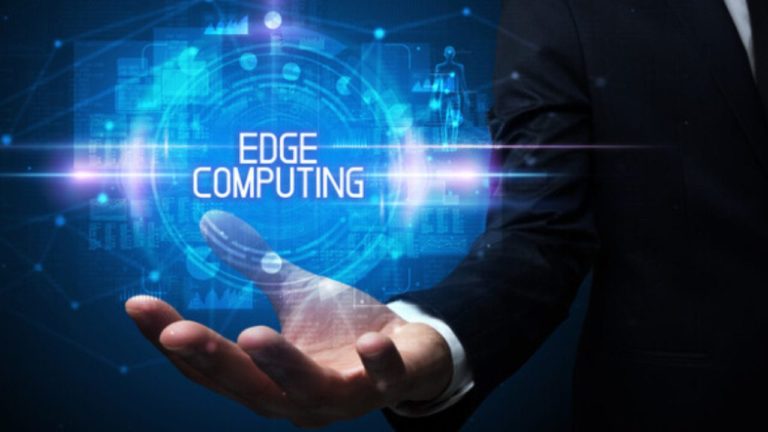
Edge computing is defined mostly as a decentralized processing power where data is processed by the device itself or by a local computer or server. In simple terms, just as the name implies edge computing can be defined as placing workload as close to where the data is being created, so as to reduce latency. With the rise of IoTs there is an equal to double rise in the data being produced putting a lot of load in data centres ultimately affecting the latency.
To improve the latency of data processing, edge devices are being developed which will be present at the edge (end user). With this technology, computing is moved away from data centers towards the edge of the network, utilizing IoTs, Mobile Phones, network gateways to provide services and carry out tasks for the cloud. The positive side of edge computing is definitely speed and slow growth of expensive processor and data storage. Edge computing is becoming more mainstream as the use of real time applications become more prevalent.
Some examples of Edge Computing: Remote monitoring of assets in the oil and gas industry, In-hospital patient monitoring, Cloud gaming, Traffic management, Smart homes
Careers in Edge Computing: Technical Consultant, IoT Engineer, IoT Architect
8. Intelligent Apps
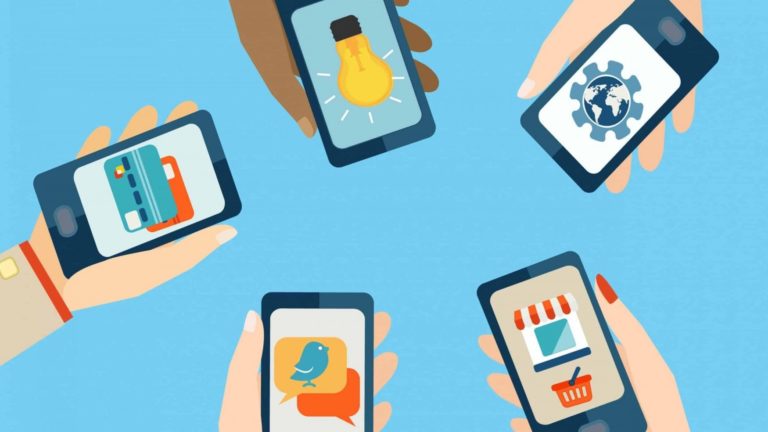
Intelligent Apps are applications which work on Artificial Intelligence. These applications have built-in analytic and AI technologies which empower them to act intelligently. These apps interact on the basis of feedback they receive from its environment. Which means they learn and adapt user behaviour patterns and the patterns of other applications. With cutting edge technology, operational data with application development tools and user-centric designs, these apps are developed to provide a more personalised end user experience.
Some examples of Intelligent Apps are: Siri, Alexa, Google Assistant, Netflix, Elsa, Ada Health
Careers in Intelligent Apps: Android Developer, App Developer
Frequently Asked Questions On Trending Technologies
Top on demand technologies are Artificial Intelligence, Machine Learning, Data Science and Analytics, Data Engineering, Cloud Computing, Blockchain and Cyber Security.
Technology has totally revolutionized the way of living and the way of looking at things. Everything has become easy yet somewhat complex at the same time. But the ease, pace, fun and betterment of our lives win over the complexity. Today the majority of us can’t even imagine our day to go by without interacting/using a single technical device or it is impossible for that matter.
Well, first of all, an easier lifestyle but beyond that it affects the way we perceive things, the way we think, learn and communicate. From helping us innovate to saving lives and relaying messages across and achieving new leaps for mankind, it is all possible only with the help of technology.
With the emergence of technology, access to education has been quick and wide. It is just as we say ‘on our fingertips’. From books, to other study materials, tutorials, coaches, examples, practical lessons everything is easy to access and easy to relay/broadcast with the help of technology.
To start off, you no longer need to be in the same room, to discuss something related to your work or business with your colleague. Just the fact that you no longer need to be physically present in your workplace to perform your work and interact with your colleagues is huge. Other than this there are so many other technical developments which have made working easier than human kind would’ve ever imagined.
Well, just think about what mankind has achieved so far with the help of technology. Well obviously there are some downsides to technological revolution but we have gotten so accustomed and dependent on technology that if we were told someday to discard every technology related thing then the whole world would come to a pause.
Technology works in quite a wondrous way, it is a result of creativity, research, analysis and interaction. Everything is dependent on one another, the more research and time we spend on a technology, the more we find new things leading to more advancement and progression.




